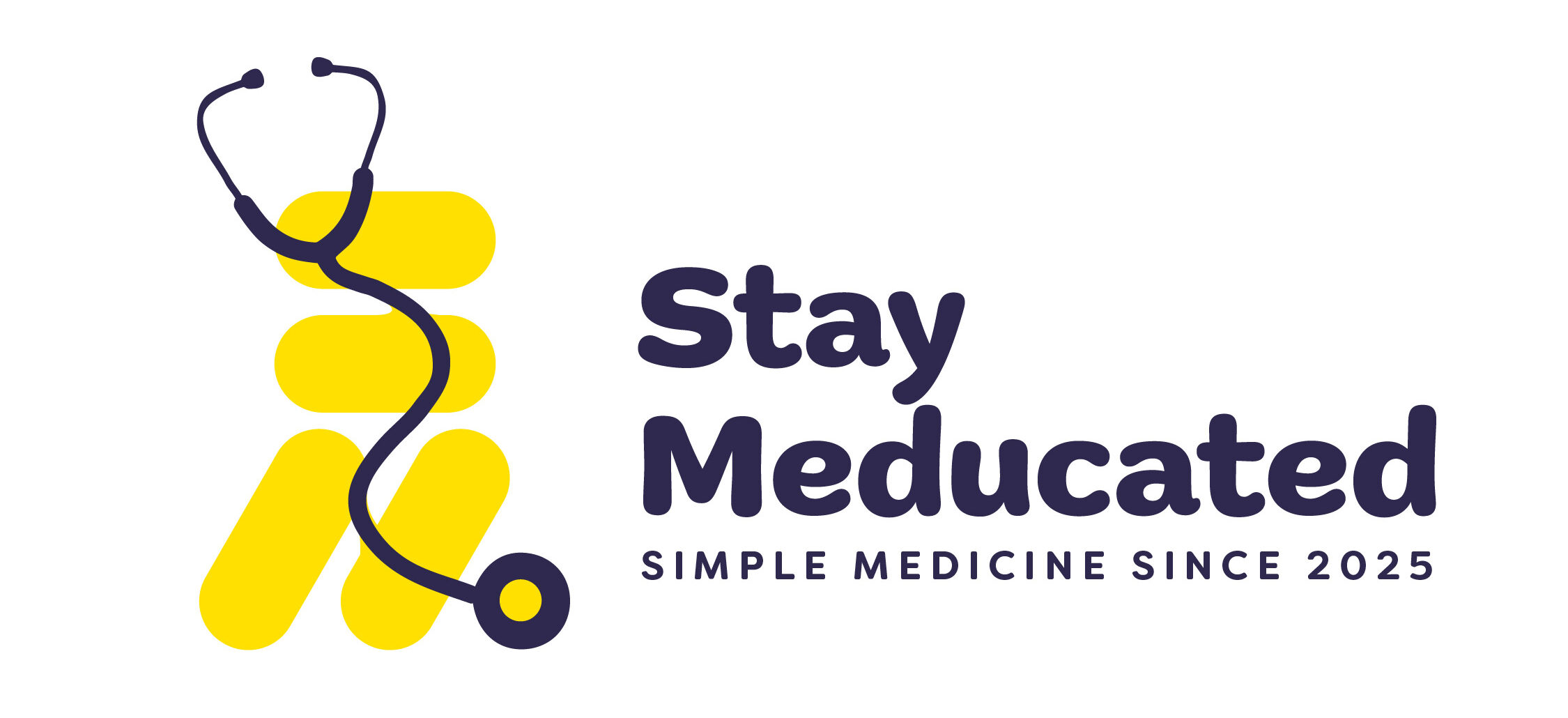Firstly, welcome back everyone! I hope you haven’t missed me too much. I had to take a short break from blog writing after finishing my Foundation Training, and honestly, I just wanted a proper break from serious, active work. But I’m back now and ready to share everything I’ve got at my fingertips!
So, for those who aren’t too familiar with how the medical programme works in England, when medical graduates finish medical school, they go straight into something called the UK Foundation Programme. This is a national programme, designed in partnership with the NHS, that guarantees all new doctors a job post. It allows us to begin supporting the health service while also developing our understanding of medical conditions in real, practical settings through live experience.
Now, some people often mistake the Foundation Programme for an apprenticeship, but it’s not like that. Yes, doctors are still technically “in training,” but they’re not apprentices. They’ve already completed all the exams and qualifications required to do the job fully. The only thing they lack at this stage is experience, and that’s exactly what the Foundation Programme is meant to provide. In fact, doctors are considered “in training” right up until they become Consultants or General Practitioners, so there really isn’t an apprenticeship equivalent in medicine.
As I’ve just finished this initial stage of my career, I’ve been reflecting a bit. Medicine is both broad and intense, and even with the limited time I’ve had so far, I can already see how easy it is to burn out. You can go from enthusiastic to exhausted very quickly in a profession where you’re working up to 70-hour weeks, sometimes with difficult colleagues or seniors, and often in challenging environments.
And here’s the honest part: as someone who genuinely loves learning about the body and medicine as a whole, I’m sad to admit that the last two years working in the NHS have been incredibly draining. It’s taken a toll on my physical, mental, and emotional health. That’s not always because of the actual job itself, but more often because of the environments I’ve found myself in. Sure, the work can be overwhelming at times, but many of these challenges could be eased with better resources, staffing, and funding within the NHS.
As I mentioned back in my very first blog post, so many of the problems in the NHS come from issues higher up, things we can’t control as individuals. With better funding, patients wouldn’t have to wait so long for care because:
- There would be enough staff, so more patients could be seen more quickly.
- Staff would be paid fairly, which would reduce the stress that often trickles down to patients.
- Better resources would mean patients could be treated and discharged faster, easing the traffic within hospitals.
If patient wait times improved, people’s trust and overall experience with healthcare would improve too. Right now, though, it feels like people either overuse healthcare services because they don’t trust professionals, or underuse them, only to end up with serious complications later on because they never had the right access to care in the first place.
So, as much as we complain about the system, these challenges really come from higher-level issues. Until they’re fixed, we’ll keep facing the same difficulties.
On a personal note, I find it harder and harder to feel optimistic about a lifelong career in medicine. I don’t want to leave the profession; it’s my first love. But the medicine I fell in love with doesn’t really exist in the same way today. And realistically, I have to put my mental health first when thinking about my future. I’m not sure if sticking solely to medicine will allow me to stay sane in the long run. At the end of the day, sanity and happiness have to be the goal.
And while we’re on the subject of mental health, how are you doing today? Burnout is very real. Please don’t do what I did. I waited until I was admitted as a patient myself before I took my burnout seriously. Take breaks when you need them, or eventually those breaks will take you.
I hope you’ve enjoyed this little peek into where my head’s at right now. We’ll be back to regularly scheduled programming in two weeks with new medical conditions to dive into. Until then, stay meducated!
